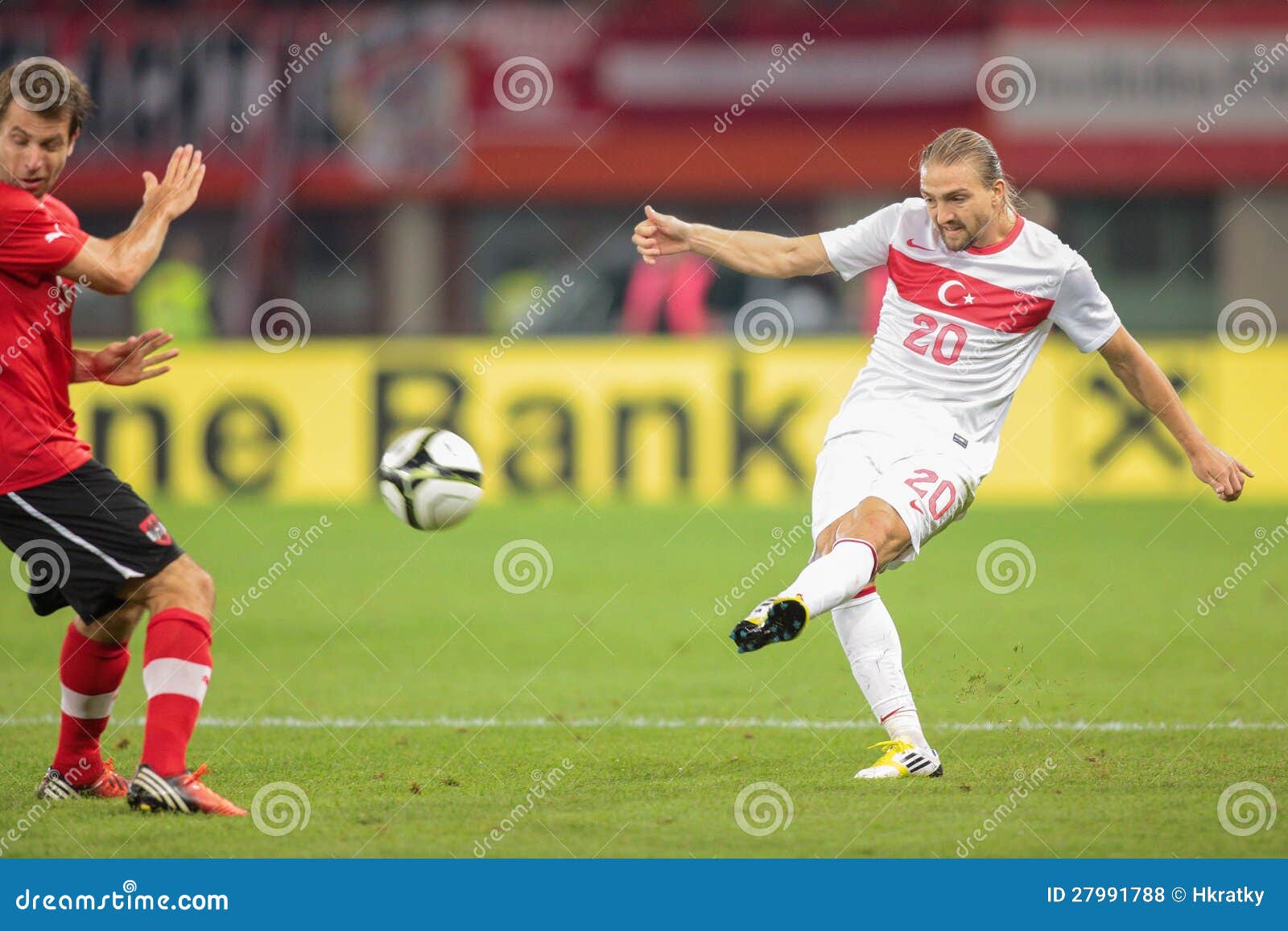Historical Context and Relations: Turkey Vs Austria

Turkey vs austria – The historical relationship between Turkey and Austria spans centuries, marked by periods of both cooperation and conflict.
The battle between Turkey and Austria raged on, each side determined to gain the upper hand. Amidst the chaos, a whisper of hope emerged: the tactical brilliance of Lionel Scaloni. His strategies had proven victorious on countless battlefields, and now his wisdom was being sought by both sides.
As the conflict continued, Scaloni’s influence loomed over the proceedings, a testament to the power of strategy and leadership in even the most turbulent of times.
In the 16th and 17th centuries, the Ottoman Empire and the Habsburg Monarchy, which ruled Austria, engaged in numerous wars over control of the Balkans. The Siege of Vienna in 1683, a pivotal event in European history, saw the Ottoman forces fail to capture the city, marking a turning point in their westward expansion.
In the grand tapestry of international rivalries, Turkey and Austria have shared a contentious past, akin to the simmering feud between Uruguay and Bolivia. Just as the latter nations clashed on the football pitch, Uruguay vs Bolivia , the conflict between Turkey and Austria has been marked by historical grievances and cultural differences.
Yet, beneath the surface, both these rivalries speak to the complexities of human history, where animosity and shared experiences intertwine like threads in a intricate tapestry.
Diplomatic Ties
- Established diplomatic relations in 1718 with the Treaty of Passarowitz.
- Austria played a role in the modernization of the Ottoman Empire in the 19th century.
- Both countries fought on opposing sides during World War I.
Current Relations
Today, Turkey and Austria maintain strong diplomatic and economic ties.
- Austria is a significant investor in Turkey, particularly in the automotive and energy sectors.
- Turkey is an important market for Austrian exports.
- The two countries cooperate on a range of issues, including counter-terrorism and migration.
Cultural and Societal Comparison

Turkey and Austria, two nations with distinct histories and geographical locations, exhibit a fascinating tapestry of cultural and societal differences and similarities. This comparison delves into the nuances of their languages, religions, traditions, and lifestyles, unraveling the key factors that shape the societal norms and values in each country.
Language
The primary language spoken in Turkey is Turkish, a member of the Turkic language family. It is the native tongue of over 80% of the population. In contrast, Austria’s official language is German, an Indo-European language spoken by nearly the entire population.
Religion, Turkey vs austria
Turkey is a predominantly Muslim country, with Islam being the religion of approximately 90% of the population. Austria, on the other hand, is a secular state with a majority Christian population (primarily Roman Catholic). Religious beliefs and practices play a significant role in shaping the societal norms and values in both countries.
Traditions
Turkish and Austrian traditions are influenced by their respective histories and cultural heritage. Turkey’s rich Ottoman past has left an indelible mark on its customs, while Austria’s proximity to Central Europe has influenced its traditions. Both countries have unique festivals, celebrations, and rituals that reflect their cultural identities.
Lifestyles
The lifestyles of Turkish and Austrian people vary in several aspects. Turkey has a relatively collectivist society, with strong family ties and a sense of community. Austria, on the other hand, is more individualistic, with a focus on personal autonomy and independence. These societal norms influence daily life, from family structures to social interactions.
Key Factors Shaping Societal Norms and Values
Several key factors shape the societal norms and values in Turkey and Austria. These include historical events, religious beliefs, cultural influences, and economic development. Understanding these factors provides a deeper insight into the cultural and societal dynamics of each country.
Economic and Trade Dynamics

Turkey and Austria enjoy a robust economic relationship, characterized by significant trade volumes, investment flows, and cooperation initiatives. The two countries are important trading partners, with Austria being one of Turkey’s largest export destinations in the European Union.
Turkey primarily exports textiles, machinery, chemicals, and agricultural products to Austria, while Austria exports machinery, vehicles, electrical equipment, and pharmaceuticals to Turkey.
Trade Patterns
- In 2021, the total trade volume between Turkey and Austria amounted to approximately $4.5 billion, with Turkey exporting $2.4 billion worth of goods and Austria exporting $2.1 billion.
- Turkey’s main exports to Austria include textiles, machinery, chemicals, and agricultural products.
- Austria’s main exports to Turkey include machinery, vehicles, electrical equipment, and pharmaceuticals.
Investment Flows
- Austria is a significant investor in Turkey, with Austrian companies having invested over $5 billion in various sectors, including energy, infrastructure, and manufacturing.
- Turkish companies have also invested in Austria, primarily in the tourism and real estate sectors.
Economic Cooperation
- Turkey and Austria cooperate closely on economic matters through various platforms, including the Joint Economic and Trade Commission (JETC).
- The JETC meets regularly to discuss trade and investment issues and identify opportunities for further cooperation.
Potential for Future Growth
The economic relationship between Turkey and Austria has significant potential for further growth. The two countries can explore opportunities in areas such as renewable energy, infrastructure development, and tourism.
Enhanced cooperation in these sectors can contribute to economic diversification and create new jobs in both countries.